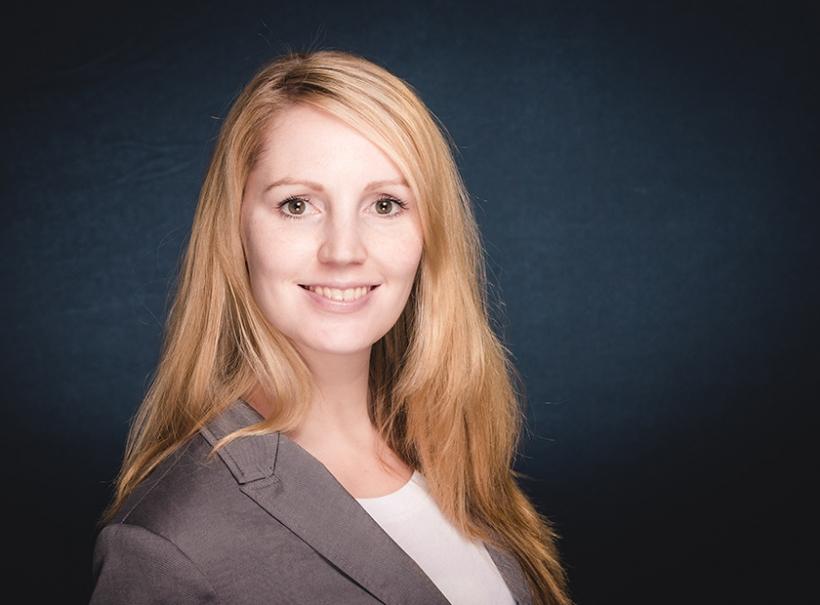Often in the field of mediation we hear complaints about there being too many mediators, too much training and not enough mediation. While I can understand the frustration about the size of the mediation market, I see great benefits in mediation training for people whose aim is not to become mediators and make a living out of mediation. Mediation training is contributing to better cultures of conflict in organisations and systems of all kinds. More than this, it can change people’s lives. If I were to sum up the effect of this (when it is done and goes well) in one word, then that word would be empowerment.
Mediation training empowers the trainee to better clarity in communication and it enables the trainee to empower others through the ways in which he or she then improves communication. Empowerment concerns one of the basic principles of mediation, which is that it assists people in making their own decisions – in mediation concerning how to resolve conflicts. This can apply to many other situations, not necessarily involving disputes, in both professional and private contexts. Wishing to explore the broader benefits of mediation training, in the first of what might be an irregular series of interviews with mediation training graduates, I spoke to Larissa Wille-Friel.
Larissa works as a student advisor at the Technical University of Applied Sciences Wildau. In 2017 she did mediation training that met the German regulations for certified mediators.  In this interview I asked her about the training, her expectations and the benefits.
In this interview I asked her about the training, her expectations and the benefits.
Can you say a few words about the training programme – length, content, certification, participants, etc.?
My mediation training at the University of Applied Sciences Potsdam (Germany) lasted from February to October 2017, with a total of 90 hours training. Our group of participants consisted of up to 20 people from different backgrounds and ages. There were a few social workers, international instructors, student advisors among us, someone working for a bank, one in health insurance, a business consultant, someone working with refugees, one for a non-profit organization, and a community college teacher. We came together for one weekend per month plus two extra nights. To get our certificate we had to attend lectures and workshops, write minutes, practice mediation as a mediator as well as a client, document it and do a mock mediation. For this mock mediation hired actors were our clients and we did a spontaneous co-mediation, meaning we could pick our partner beforehand but didn’t know the case or actors and roles until 15 minutes before the mediation.
Why did you decide to do mediation training?
I was inspired to do mediation training by a mediator I knew. He knew I was looking for something in that area and gave me the nudge.
Were your expectations met?
My expectations were to learn new social skills, working with interesting people from different backgrounds. I also wanted to acquire a further option for my own work and teaching. These expectations were met.
What did you really learn?
I learned a lot about my own conflict management and behavior as well as how to deal with people who react differently. Additionally, I learned several techniques to lead a conversation or discussion where both parties might not be on best terms with each other. I also worked on helping people to find their own way and not trying to solve their problems for them.
What surprised you along the way?
I was surprised to experience that I can deal with people who are assertive. Having acquired the right tools I feel more able to hold my own. That was a very reassuring surprise and something I am looking forward to be working on.
Has anything else changed?
As a student advisor I work with students on them finding their own path, but I also give many speeches and presentations or answer calls and e-mails where someone is looking for an answer or information from me. In mediation training I learned how useful it can be to help people to find their own solutions. This ability has changed the way I take on other tasks, such as how I ask and listen if my family and friends seek my advice or want to tell me about their problems. I feel less need to find a solution for others, and want to provide assistance for them finding it on their own – with me asking questions but not telling them what I think they should do.
Where do you go next – in your “career” as a mediator?
I feel honored to have been asked to join the conflict advisory service at our university, where I will advise students and co-workers on suitable solutions in managing conflict, whether it is mediation or a different approach. I am looking forward to practicing mediation and helping people over the next years – and maybe, down the road, teaching students and helping them to acquire some mediation skills or even become mediators themselves.
To make sure you don’t miss out on regular updates from the Kluwer Mediation Blog, please subscribe here.
________________________
To make sure you do not miss out on regular updates from the Kluwer Mediation Blog, please subscribe here.



Thanks for sharing such an informative article